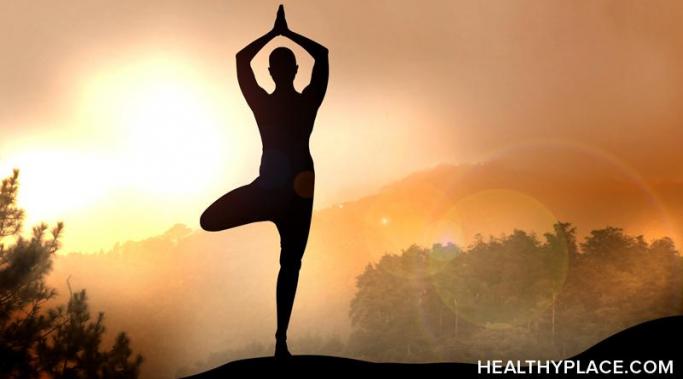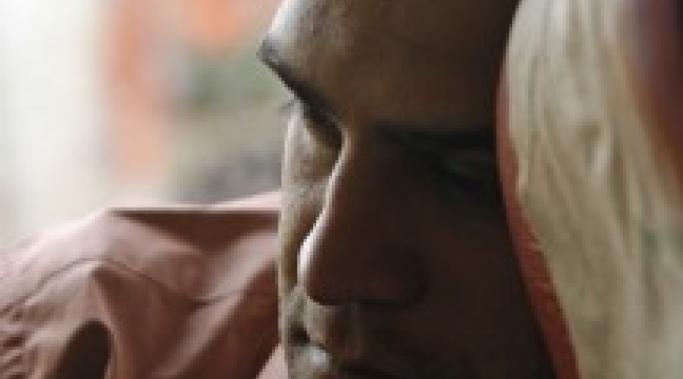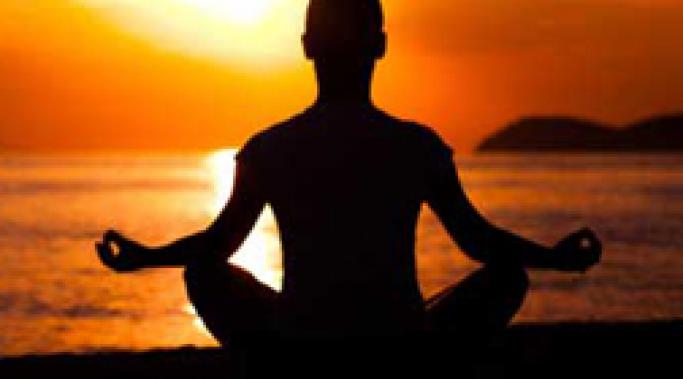I’m Melissa Renzi, and I’m excited to write for the Treating Anxiety blog at HealthyPlace. While I’m a licensed social worker and yoga teacher, my greatest credential is my personal story as a sensitive soul learning to transform the anxiety I’ve experienced since early childhood. It is easy to feel overwhelmed and alone as we cope with anxiety. I believe there is great strength and healing in sharing vulnerability and I truly look forward to connecting with you and hearing your story.
Anxiety Videos – Treating Anxiety
I’m Sarah Hackley, and I am thrilled to join the Treating Anxiety blog at HealthyPlace. Anxiety is a fickle illness. It shows up in many forms, frequently changes on us, and creates havoc in a myriad of ways, some of which are difficult for us to pinpoint–especially when our symptoms peak. Throughout my years of living with anxiety and studying, researching, and writing in the mental health field, I’ve learned how to identify the symptoms of anxiety and how to effectively manage them.
Anxiety disorder is a complex beast that affects more than just your emotions. It's seen primarily as an mood disorder, and while that is certainly true, anxiety has a strong mental and physiological component as well. This week, we'll explore one of the questions everyone with anxiety has asked themselves at some point: why does anxiety disorder make you so tired?
Work anxiety is a common issue for many with an anxiety disorder. In fact, it can be so debilitating for some that they're not able to work at all.
In this video, I interview a friend who works in the medical field, one of the most stressful work environments there is. What's the main way he copes with anxiety at work? Turns out, it's mostly good self-care.
There are certain relaxation techniques I've found genuinely helpful - and have come to rely on - to deal with specific anxiety issues like:
getting to sleep - ever;
my phobia of flying, and;
managing daily anxiety and depression.
Relaxation techniques relieve anxiety because they literally change your mind. They allow you to settle into the brain wave states that are normally only active during sleep. Basically you're alert and fully relaxed, getting a whole heap of the benefits of sleep, without the bother.
So it's Thanksgiving week in the US. Already!
Time to get out the Sunday best, prep for the presents, parties, company cocktails, chaotic travel arrangements and family gatherings.
Some of us are lucky enough to be totally comfortable with all of that - to have supportive, warm friends and family who don't rely entirely on gossip, ironic embroidered knitwear and gin to get them through the Holidays. (If you happen to be that someone can I crash the castle?)
Mostly I just want to look and feel my best, to have enough happy-go-lucky, devil may care attitude to spare: In the hopes that I'll make it through to January without too much general and social anxiety, minus the always pleasant addition of 'where did my year go and why do I suddenly feel the need to make impossible resolutions' panic.
What's it like, keeping the secrets of trauma and PTSD? I have so much to tell you, and I can't say a word. The trauma's tucked away, a dirty little secret that you keep. Maybe you try to tell a friend, therapist, lover. Maybe they get it, maybe they don't. But oh, how you want them to get it. You want their understanding words. And you want to scream, cry, run - from the fear and the pain and the sinking feeling of waking up each day and not being quite sure if it'll stay today, today. But you don't, you don't do much any of that. Most of the time you . . . survive. Trauma and PTSD make keeping secrets easier, but surviving increasingly difficult.






